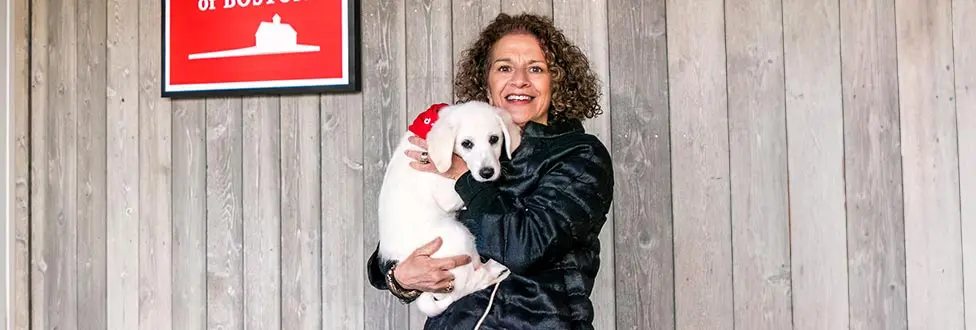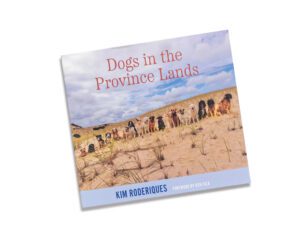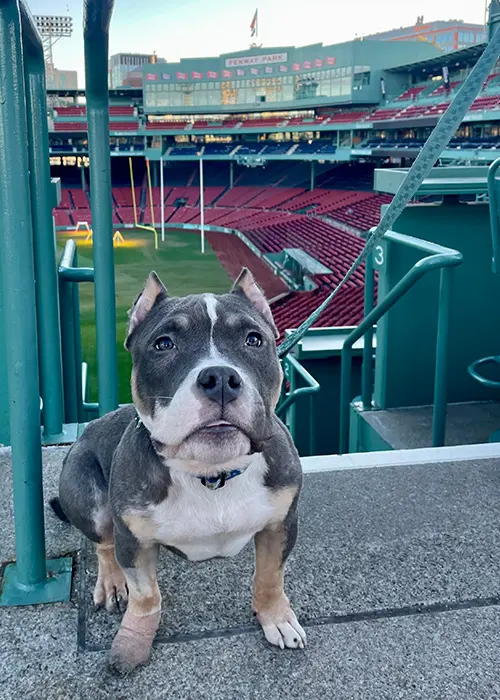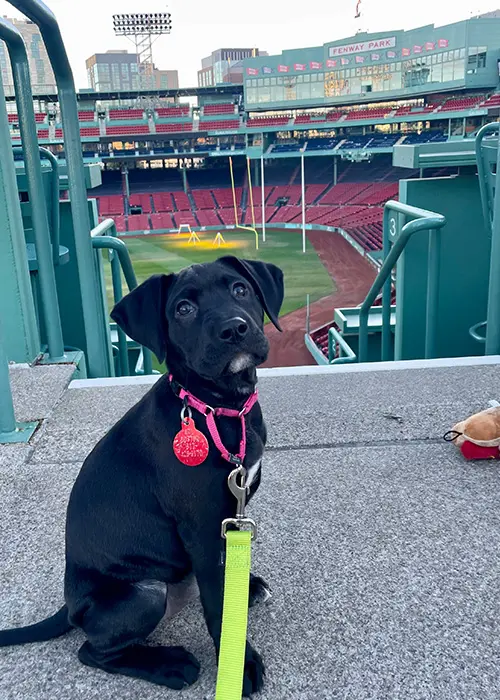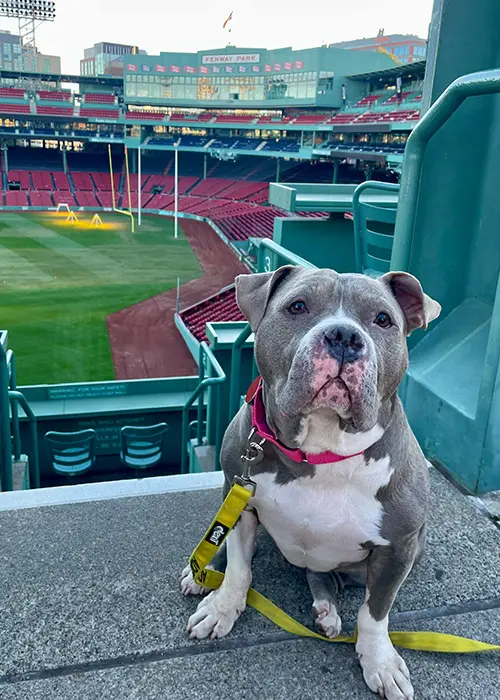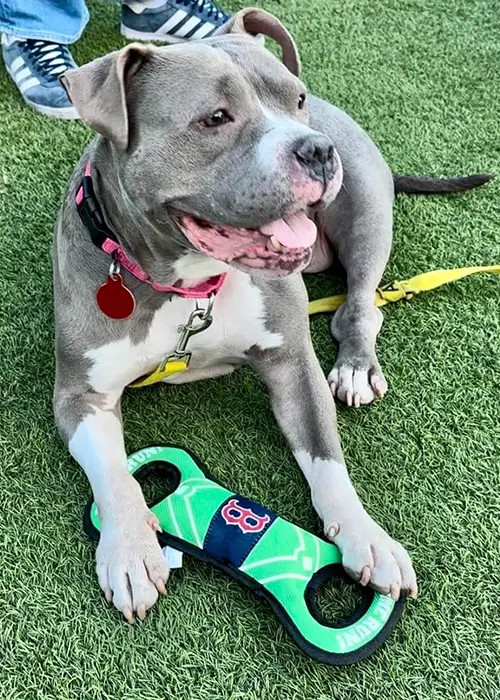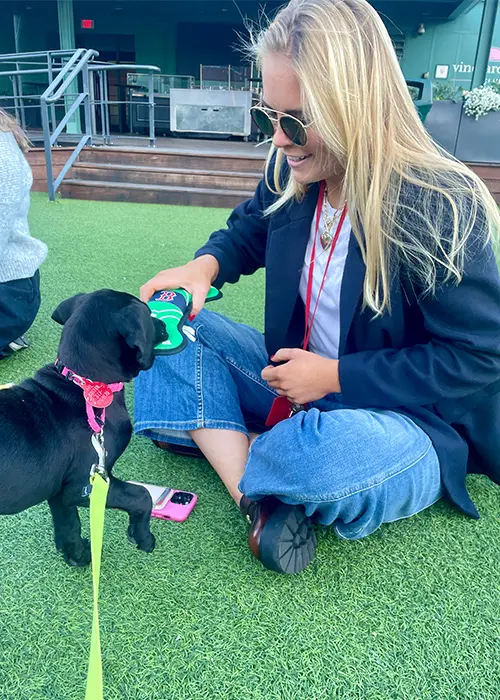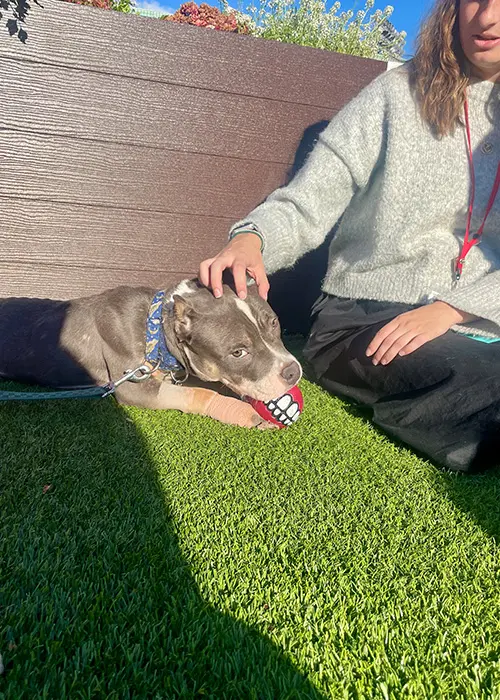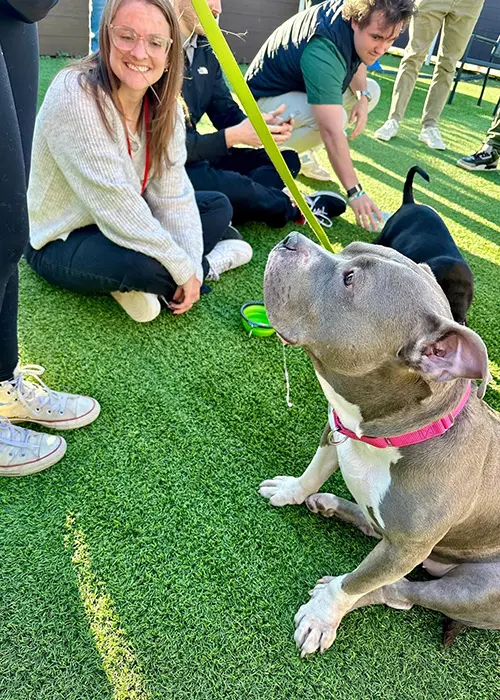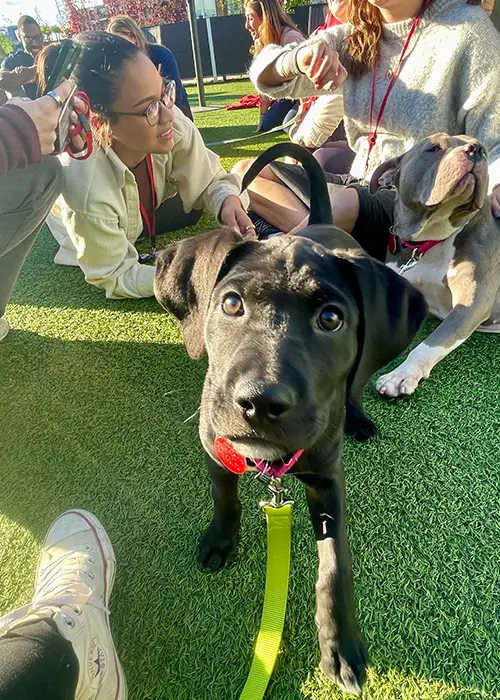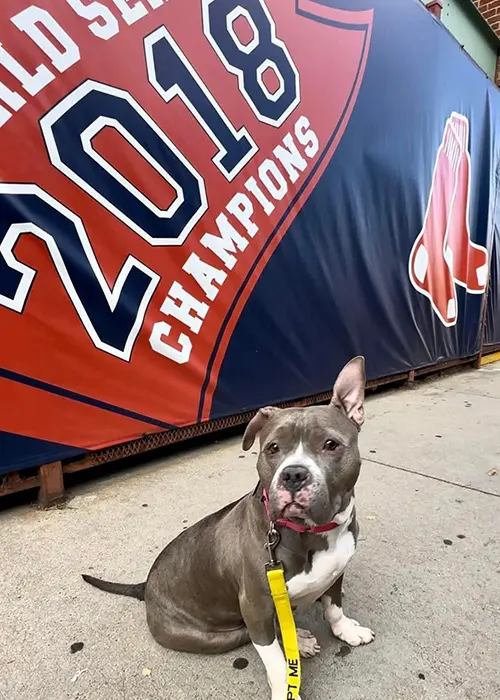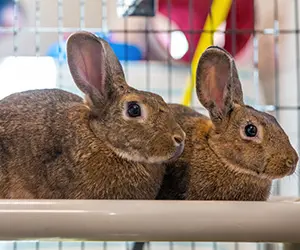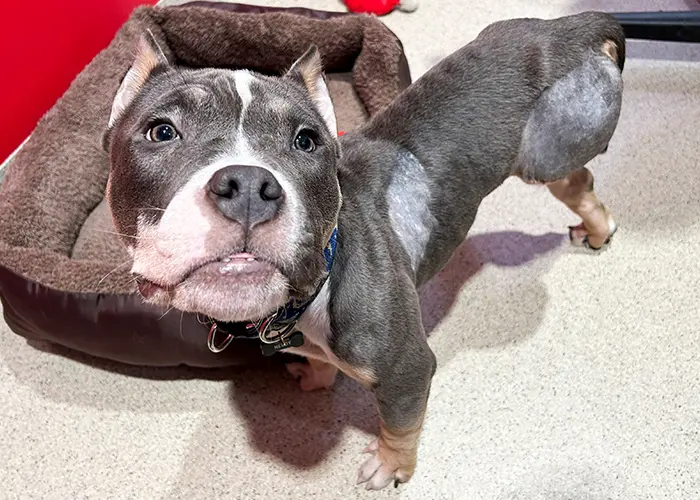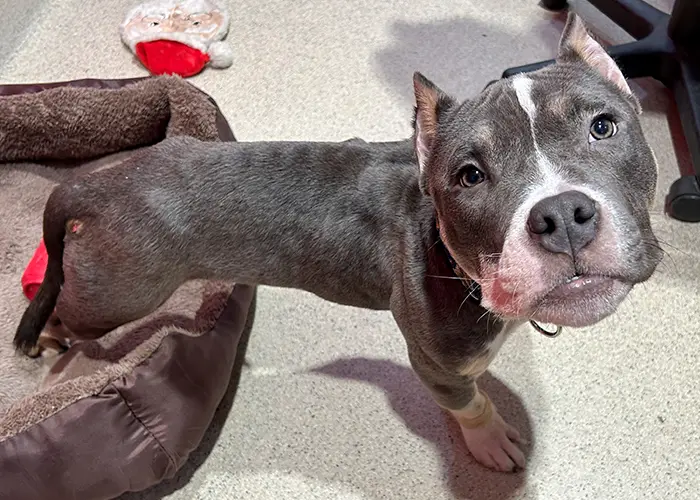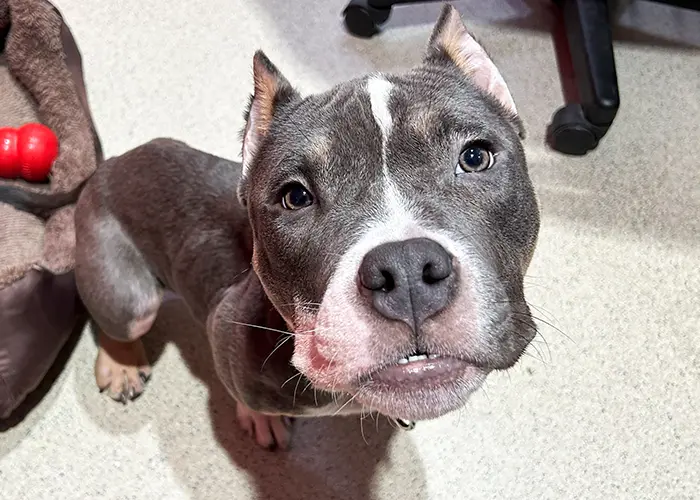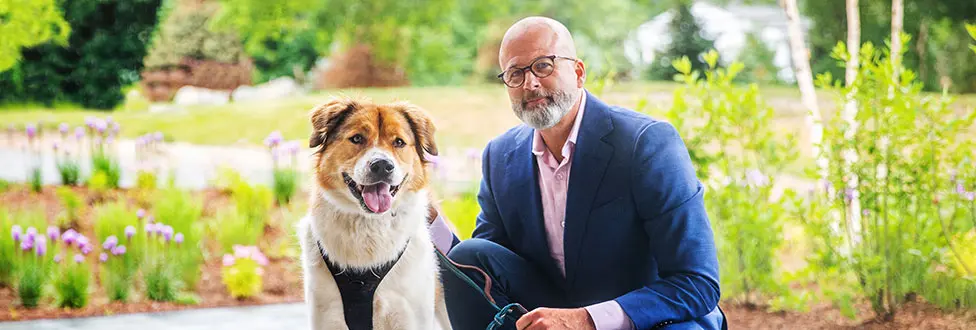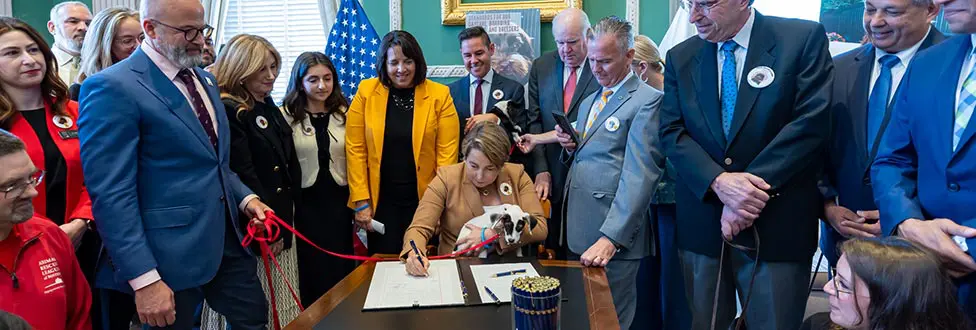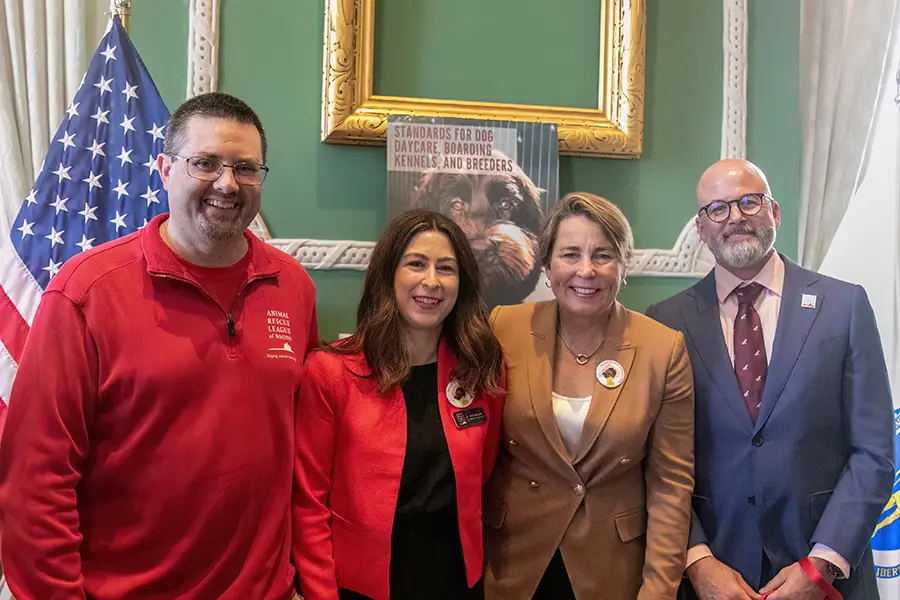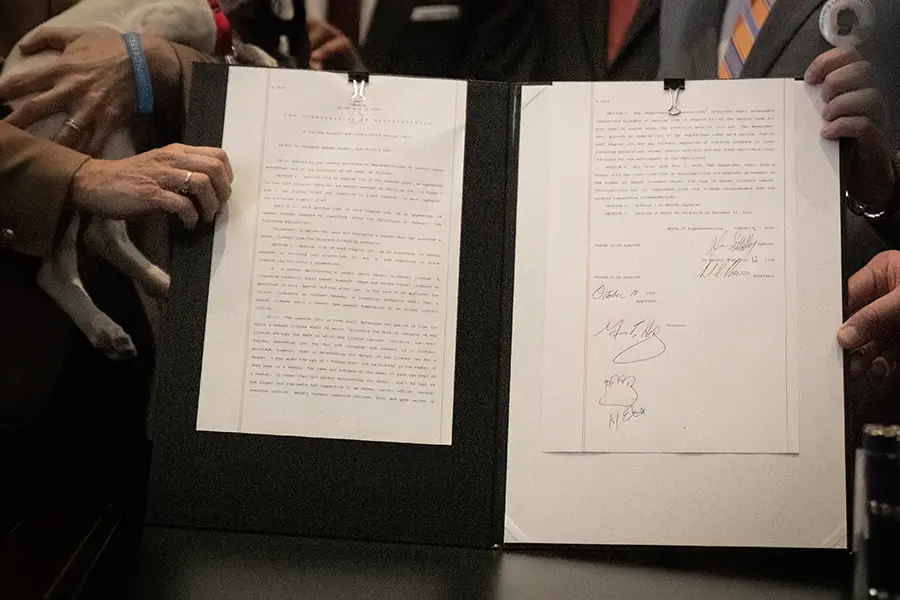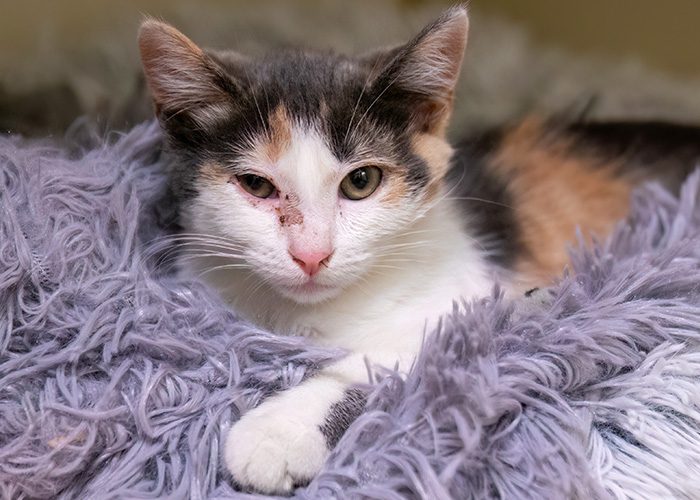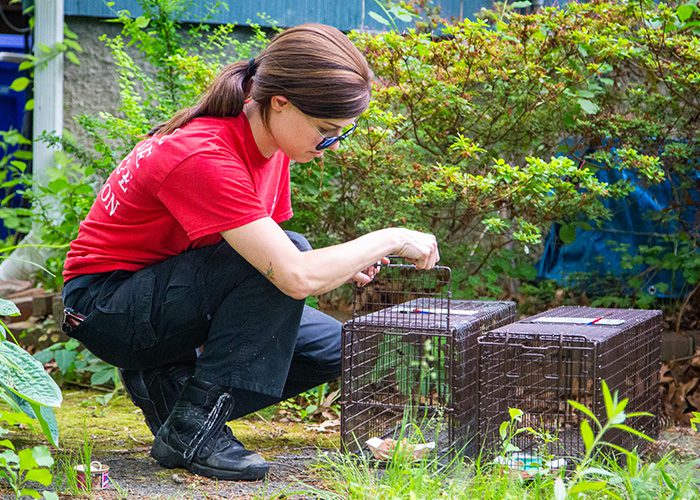Supporter Spotlight: Kim Roderiques
Kim Roderiques is a seemingly never-ending source of enthusiasm, commitment, and compassion!
Kim’s philanthropic journey began at the age of eight with a lemonade stand fundraiser for muscular dystrophy research. This act of kindness would set the stage for a lifetime of selfless giving. Since then, Kim’s selfless nature has only intensified, and she now proudly supports dozens of Cape Cod non-profit organizations.
Kim’s involvement with ARL goes way back. Her family adopted their first dog, Snubby, from ARL’s Brewster location in 1975! Her family ended up adopting a few more dogs from ARL over the course of her childhood, and in 2001, Kim returned to ARL’s Cape Cod location with her husband to adopt their dog, Jack.
Kim notes that she and her husband’s experience adopting Jack was what inspired her to get more involved. Saying that the experience was incredibly beautiful and heartwarming, she notes, “They honestly cared about Jack, and us, and wanted to make sure we were the right match for each other. And all along the way, the staff interacted with each other with such comradery and compassion. I knew I wanted to do something to help this amazing place”.
Starting with her photography skills, she began capturing the essence of ARL’s adoptable animals, swiftly transitioning into a dedicated volunteer photographer for fundraising events.
Her passion soon led her to orchestrate her own initiatives, including photo books and documentaries. And most recently, Dogs in the Province Lands photo book! This lavishly illustrated coffee table book features dogs in the extraordinary location of the Province Lands, Cape Cod. Kim graciously donated her time and talent to ARL free of charge, and all the proceeds from each book sale and photography session were donated to ARL.
This project was no small undertaking. In fact, Kim typically spent 3-4 days per week working until sunset, photographing over 200 dogs over the course of the project, all while working her regular full-time job at her family’s clothing store!
All of this hard work has more than paid off though. Dogs in the Province Lands has raised more than $70,000 and counting for ARL! The book will be available for purchase in Cape Cod bookstores this summer.
Kim’s creativity has always been an incredible asset for her fundraising efforts. She says that creating projects like this allow her to give back to organizations she cares about in ways she is not able to do directly through her own donations.
These projects also allow her to connect with people and animals from all walks of life, and see the common thread that weaves them all together – the love of their dogs. It proves the saying “everyone thinks they have the best dog, and none of them are wrong” to be very true.
Beyond fundraising, Kim’s loving nature shines as she fosters connections between people and animals, celebrating the universal love shared by dog owners.
View a list of local, independent bookstores where the Dogs in the Province Lands photo book is sold.

